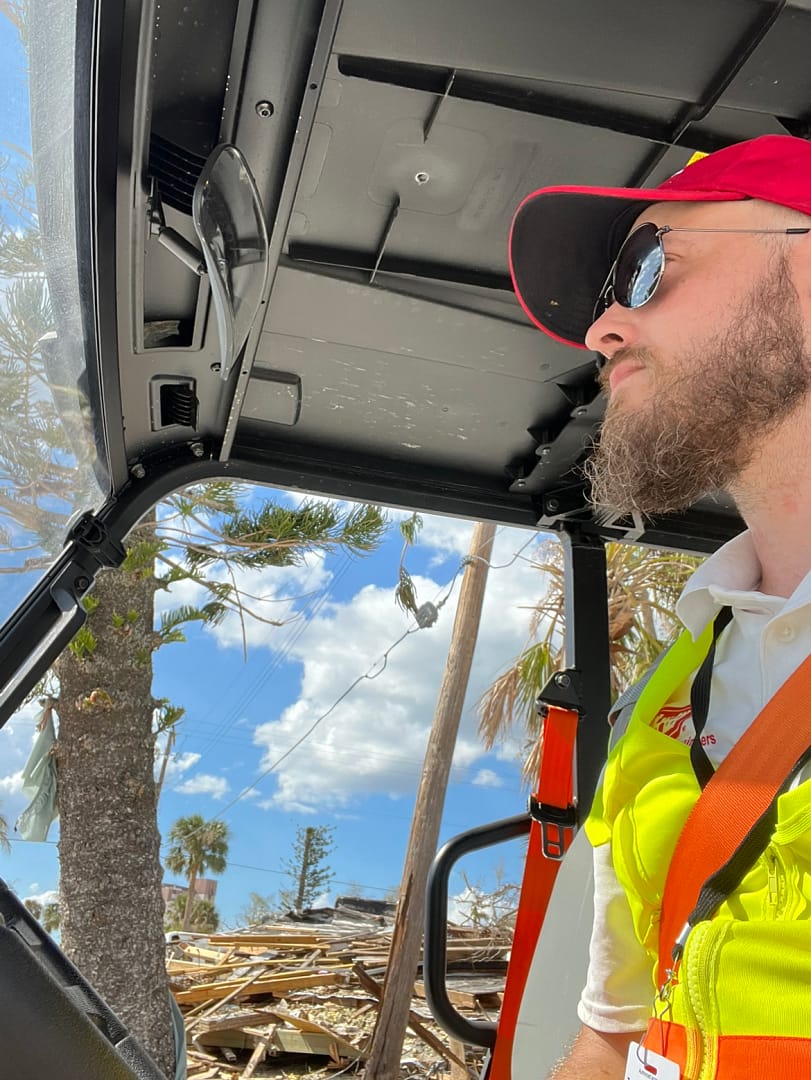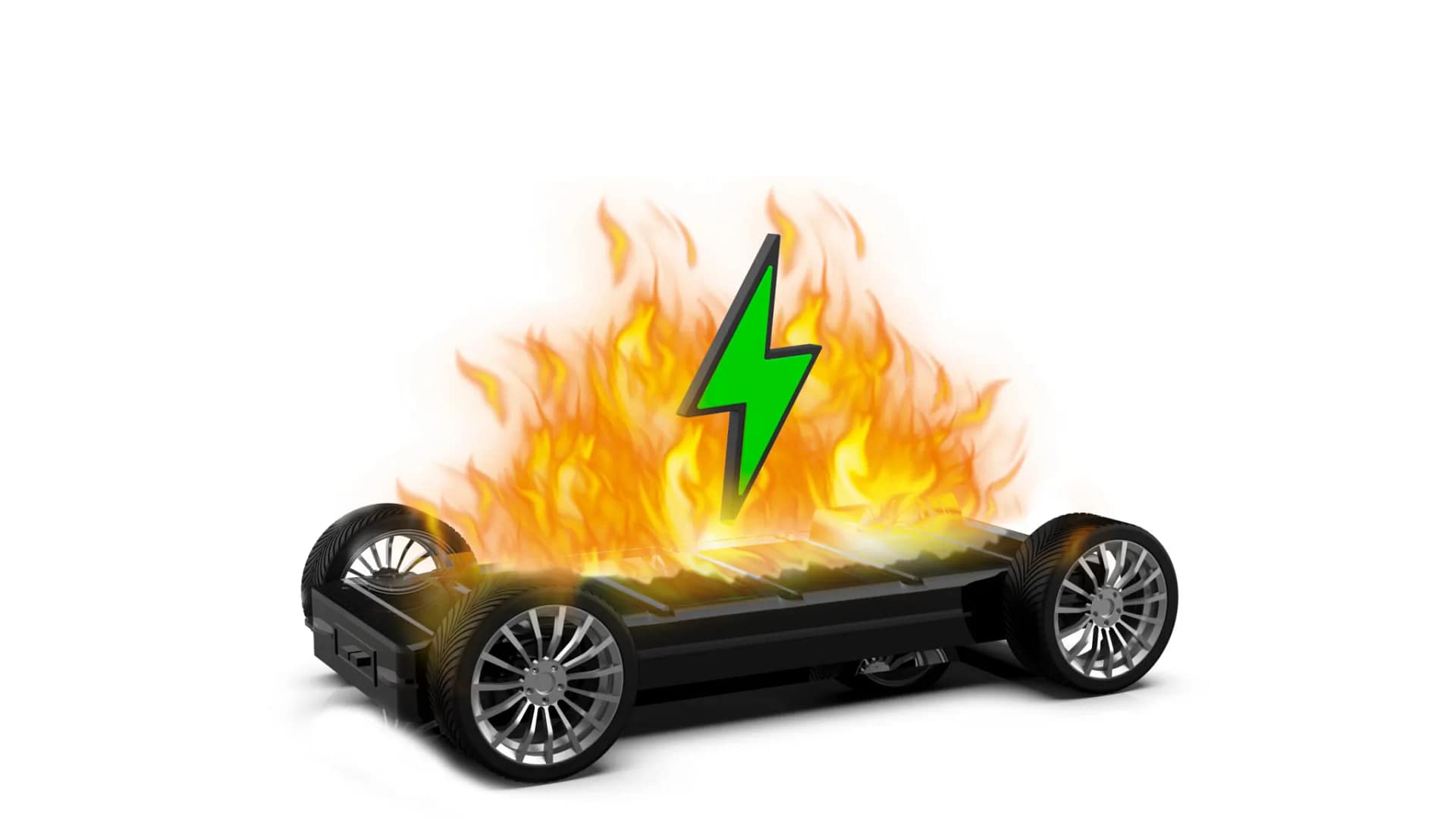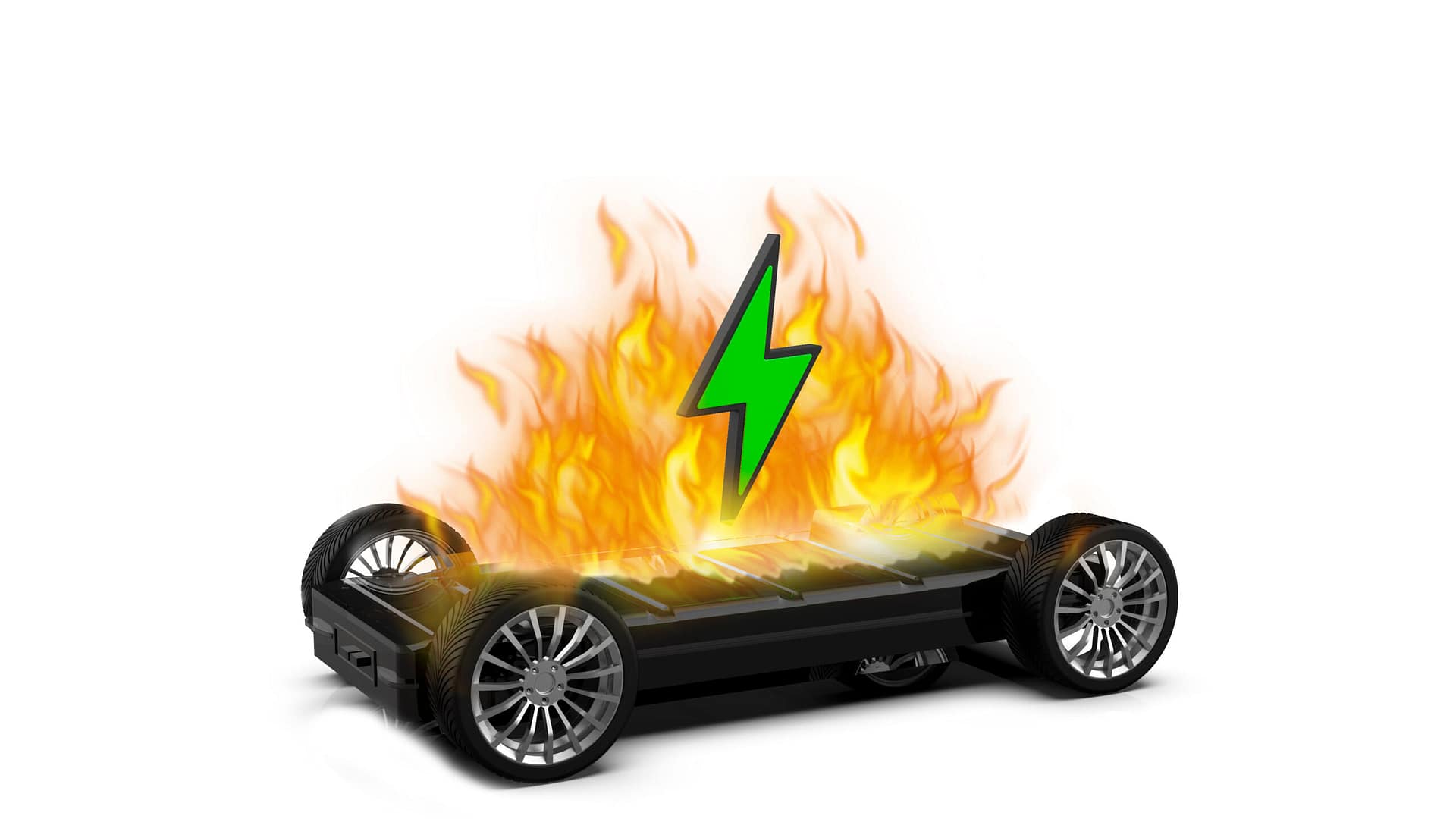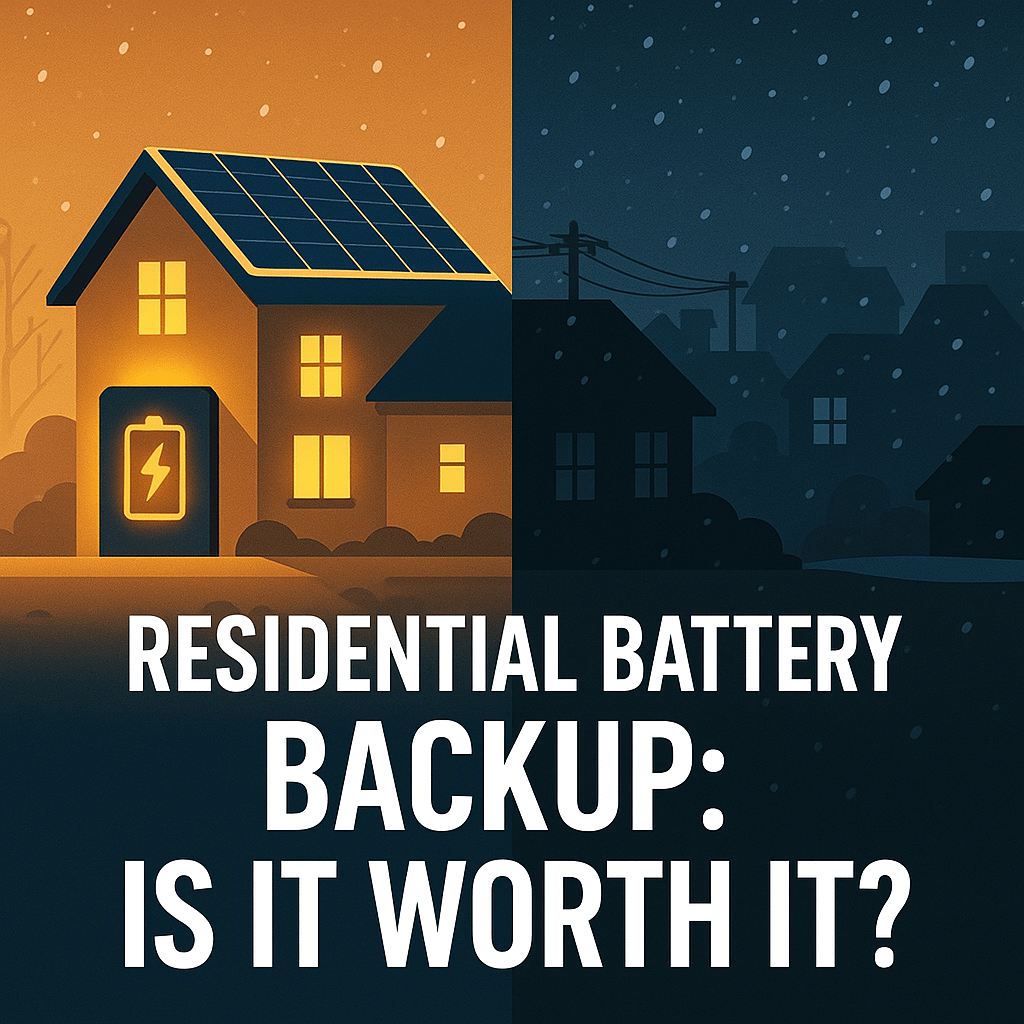Imagine if your home weathered a monster hurricane then burnt to the ground immediately after the storm had passed. This just happened to some unfortunate Tesla EV owners in Southwest Florida in the wake of Hurricane Ian.
So what happened? Why are EVs spontaneously combusting and such a bear to extinguish? Are EVs dangerous? How do EV fires compare with gas and hybrid vehicles? If you stick around with us, we’ll help you answer these questions.

Photo credit Jon Springer
Disaster Response
First some backstory… What you see on the other side of that UTV I’m sitting in is the aftermath of Hurricane Ian. As a part of my work with the US Army Corps of Engineers I get an opportunity serve on emergency response missions. In this particular mission our team was in Southwest Florida evaluating structures in the communities hardest hit by Hurricane Ian to determine if they were safe to enter. Because we’re out in the community, it’s not unusual for us to be asked to keep a lookout for other hazards that may exist and report them.
So when we were asked to keep an eye out for propane tanks, I wasn’t surprised. But when I was asked to keep an eye out for EVs, I wasn’t sure I heard right. What’s an EV? You aren’t talking about electric vehicles, are you?
The EV Fire Hazard
They were indeed talking about electric vehicles. And as I listened on, it all made sense. The request was prompted by no less than nine EV battery fires which ignited as a result of the storm surge brought ashore by Hurricane Ian.
Perhaps you’re wondering how water starts fires, and that’s fair. It’s obviously not the water that starts the fire. In fact, pure water doesn’t even conduct electricity. However, once impurities are added to water it becomes an excellent conductor. The water that walloped the Florida coast was far from pure. And I’m not referring to the flesh eating bacteria present, but the salt.
Short Circuit
If you’ve read our article, Say Watt?? then you know short circuits are bad. To be fair you probably knew that anyway, but it’s a good read none the less. What we learned in that article is that a short circuit results in dangerously high current, some of which is dissipated as heat. A lot of heat.
So, when conductive saltwater brought ashore by Ian washed over electric vehicles it created conductive pathways within the battery cells. These low resistance pathways became short circuits, heated up and then caught fire.

Photo Credit: SpyroTheDragon via iStock
The Long Burn
One of the factors that makes EV fires so dangerous is they’re incredibly difficult to extinguish. While a gas vehicle fire is usually extinguished with less than a thousand gallons of water, EV fires can take 10 times as much water to put out. And once the fire is out it can reignite at any time. Even weeks later.
According to the National Transportation Safety Board, “Safety issues with the high-voltage, lithium-ion batteries used in electric vehicles first gained widespread attention when a Chevrolet Volt caught fire three weeks after a crash test in May 2011.”
Yeah… the car caught fire three weeks after the crash.
Energy Density
You may have noticed lithium ion has been taking over the battery market. Your cell phone, your laptop and yes, even your EV are now powered by lithium ion batteries. The property that makes lithium ion so attractive for these applications is also what makes it so dangerous – energy density.
High energy density means you can pack more energy in a smaller footprint with less weight. This is super convenient if your want to carry it around in your pocket. It’s also useful if you want to extend the range of an electric vehicle. After all, less weight travels farther on the same amount of energy. Push a shopping cart with 500 pounds in it, then push it empty with the same amount of strength and see which one goes further.
Stranded Energy
But energy density is not so convenient when you don’t have a safe method of discharging it. Once your battery catches fire how do you get rid of the energy? You obviously can’t drive. Nope, all the energy left in the battery is stranded. And that, my friends, is a major hazard. With no way to safely discharge the battery, the threat just doesn’t go away.
Clip from Good Morning America
So Are EVs Dangerous?
Well, yes. But so are gas powered vehicles and hybrids too. As a matter of fact, driving any car is crazy dangerous, but we do it all the time. Perhaps what we really care about is relativity. How dangerous are EV fires compared to fires in other types of vehicles.
While it’s true that EV fires are far more difficult to extinguish, they catch fire much less frequently than their gas powered counterparts. And not just because there are less on the road. AutoinsuraceEZ dug into the data and measured fires by car type, per 100k sales. What they found was for every 100k electric vehicles sold, about 25 catch fire every year. As for gasoline, you can expect 1,529 to go up in flames. And hybrids fare even worse at 3,474 fires per 100k sold.
No Need to Panic Then?
Sure, don’t panic. What good does that do? That said, let’s not completely absolve auto manufacturers either. I like to point out how little statistics matter to victims. If I’m hurt in a car fire I don’t care what the odds were. And I’m sure our brave fire fighters and emergency responders feel the same way.
Fire fighters need to be able to directly cool the battery compartment in case of an EV fire. Because batteries line the floor of electric vehicles, the typical approach of hosing down the roof is ineffective. I’ve read calls for car companies to provide specific training on extinguishing fires for their specific vehicles, but I’d personally like to see us do even better.
Standardize Response Measures
I’m not sure if you’ve ever been in a serious emergency situation before, but I can tell you it’s not the best time to break out a technical manual. If every EV manufacturer has a different method of safely extinguishing a battery fire, then we’re begging for chaos and confusion. Rather than a series of response protocols based on make and model, manufacturers need to develop a universal method of attacking these fires. Yes, even if that means some design changes. I know, easy for me to say, right?
What Can I Do?
For the most part, there isn’t much you can do to prevent a battery fire. Of course, you can drive more cautiously. But I assume you are all actively trying to avoid crashing.
Hurricanes are a bit different though in that we get some notice. If you live in hurricane country and are directed to evacuate, leave with your electric vehicle. And if you do ride out the storm, don’t do it with a powered up EV. Having a way to boogie out sounds prudent. But that plan might just burn down your home.
And while you’re thinking about it, check out our article on keeping your lights on during a disaster.
Thank you for reading! Please share your thoughts below!





